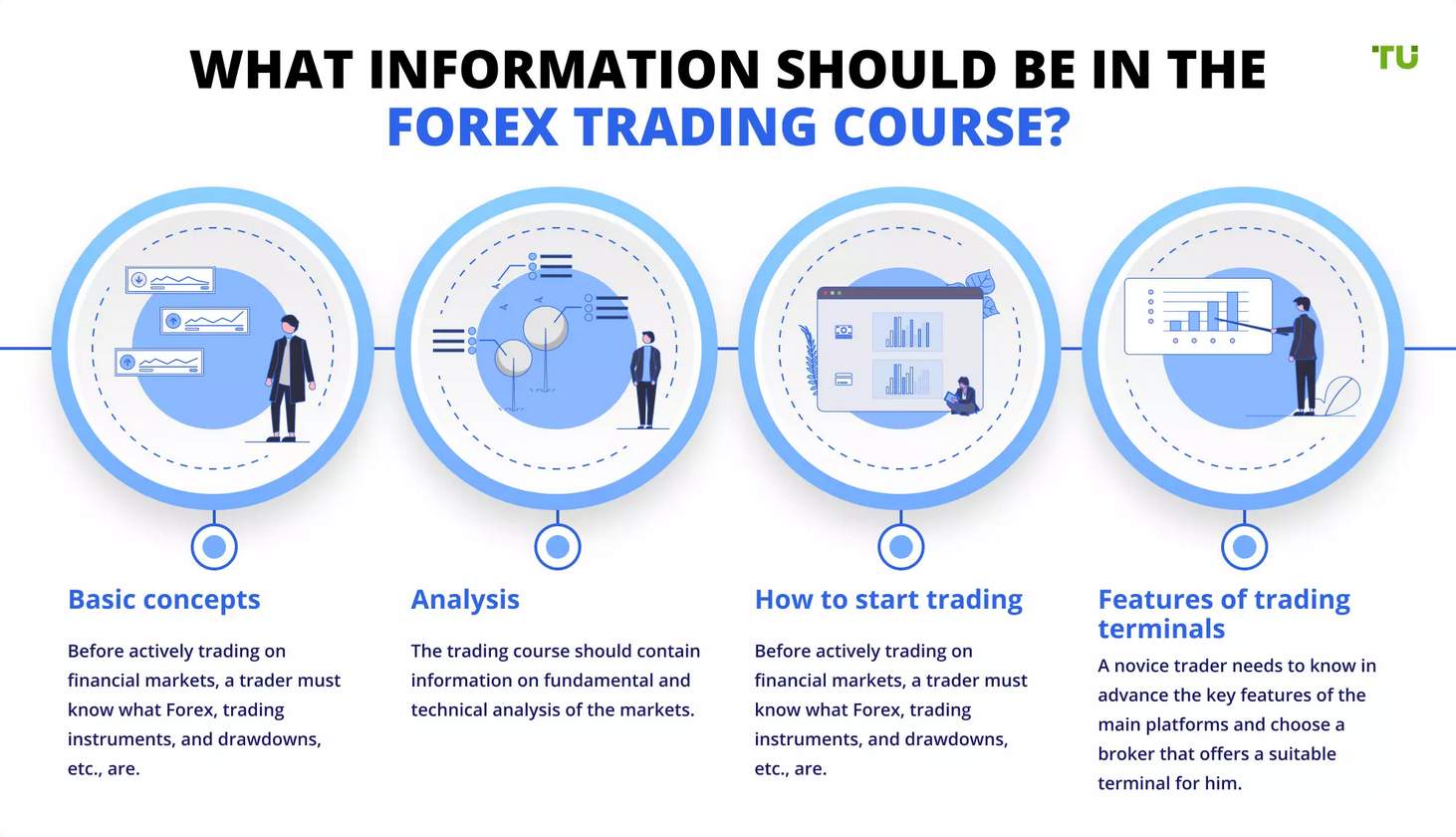The Ultimate Forex Trading Course for Learning Money Markets
The Ultimate Forex Trading Course for Learning Money Markets
Blog Article
Recognizing the Basics of Money Exchange in Today's Global Market
In an increasingly interconnected worldwide economy, grasping the basics of money exchange is indispensable for stakeholders across different sectors. As central financial institutions apply impact and technological innovations reshape money trading, the effects for worldwide business are far-reaching.
The Essentials of Money Exchange
Currency exchange is a fundamental facet of the global economic climate, helping with international trade and investment. It entails the conversion of one currency right into another and is essential for organizations, governments, and people who participate in cross-border purchases. The currency exchange procedure occurs in the international exchange market (Foreign exchange), which is the largest and most liquid monetary market in the globe, running 1 day a day, five days a week.
At its core, money exchange is driven by supply and need dynamics. Money are sold pairs, such as EUR/USD or GBP/JPY, and the exchange price between them shows exactly how much one money deserves in terms of an additional. This rate varies continually as a result of trade circulations, resources movements, and various other market tasks.
Individuals in the Foreign exchange market array from huge economic institutions and international firms to private financiers and visitors. Each participant might have different goals, such as hedging versus exchange price risk, hypothesizing on currency activities, or facilitating global purchases. Comprehending the fundamentals of money exchange is critical for making informed decisions in the global market, as exchange rates can significantly influence the expense of products and services, financial investment returns, and economic security.
Factors Influencing Exchange Rates
Exchange rates are formed by an intricate interplay of different financial aspects, reflecting the relative toughness and stability of nationwide economic climates. Trick amongst these elements is rate of interest differentials. Greater rate of interest offer loan providers far better returns loved one to other countries, attracting even more foreign funding and triggering the money to appreciate. On the other hand, inflation rates play an essential duty; money in nations with lower rising cost of living prices have a tendency to appreciate as purchasing power increases about higher-inflation economic climates.
Economic development and stability additionally dramatically influence exchange rates. A durable economic situation attracts international financial investment, boosting need for the domestic money, which brings about admiration. Additionally, trade balances impact money worth. A nation with a significant profession surplus usually sees its currency appreciate due to boosted foreign need for its goods and services, while a profession deficit can deteriorate the currency.
Political stability and financial efficiency are essential also; nations regarded as low-risk destinations for financial investment often tend to see their currencies appreciate. forex trading course. Market conjecture can additionally drive currency exchange rate variations, as traders anticipate future motions based upon existing financial indicators and geopolitical events. These elements collectively contribute to the dynamic nature of currency exchange rate in the international market
The Function of Central Financial Institutions

Main banks additionally participate in forex treatments to deal with extreme volatility or misalignments in exchange prices. These interventions could include purchasing or marketing Read Full Report foreign currencies to keep a wanted exchange price level. Furthermore, central financial institutions hold significant forex books, which can be deployed tactically to support their money.

Technology and Money Trading
While reserve banks shape the overarching landscape of money exchange, technical advancements have changed the technicians of currency trading itself. The spreading of electronic systems has democratized access to fx markets, enabling individual investors to get involved together with institutional financiers. On-line trading systems, equipped with real-time data and logical devices, assist in notified decision-making and have contributed to boosted market liquidity.
Mathematical trading, powered by advanced software, has actually revolutionized the speed and performance of currency trading. Algorithms implement trades based on predefined requirements, minimizing human intervention and lowering the time required to utilize on market movements.
Blockchain innovation additionally assures a transformative effect on money trading. By ensuring openness and lowering transaction costs, blockchain their website can enhance negotiation processes, potentially mitigating risks connected with typical trading methods. Furthermore, cryptocurrencies, underpinned by blockchain, have presented a brand-new dimension to currency trading, prompting market participants to adapt to an advancing financial community. As modern technology proceeds to evolve, its impact on money trading will likely deepen, shaping future market characteristics.
Influence On Global Profession
In the interconnected landscape of see this global trade, currency exchange plays an essential role in forming financial connections in between countries. Currency exchange rate affect the expense of exporting items and services, affecting affordable positioning in global markets. A solid currency can make a nation's exports much more expensive and less eye-catching on the international phase, potentially reducing market share. Conversely, a weak currency can boost export competitiveness yet may enhance the expense of importing necessary products, impacting trade equilibrium.
Currency variations can also cause economic uncertainties, making complex lasting preparation for multinational companies. Services typically hedge versus these risks with economic instruments to maintain costs and earnings. Exchange prices affect foreign direct investment (FDI) choices, as investors look for beneficial conditions to maximize returns, affecting funding moves throughout borders.
Furthermore, governments make every effort to maintain secure currency exchange rate to cultivate predictable trading problems, often intervening in forex markets to attain financial objectives. Reserve banks may adjust rate of interest rates or carry out financial plans to influence currency stamina, thereby impacting trade characteristics.
Verdict
A thorough understanding of money exchange fundamentals is critical for navigating the complexities of the global market. Exchange rates, formed by interest prices, rising cost of living, and economic growth, are crucial in identifying money valuations.
Report this page